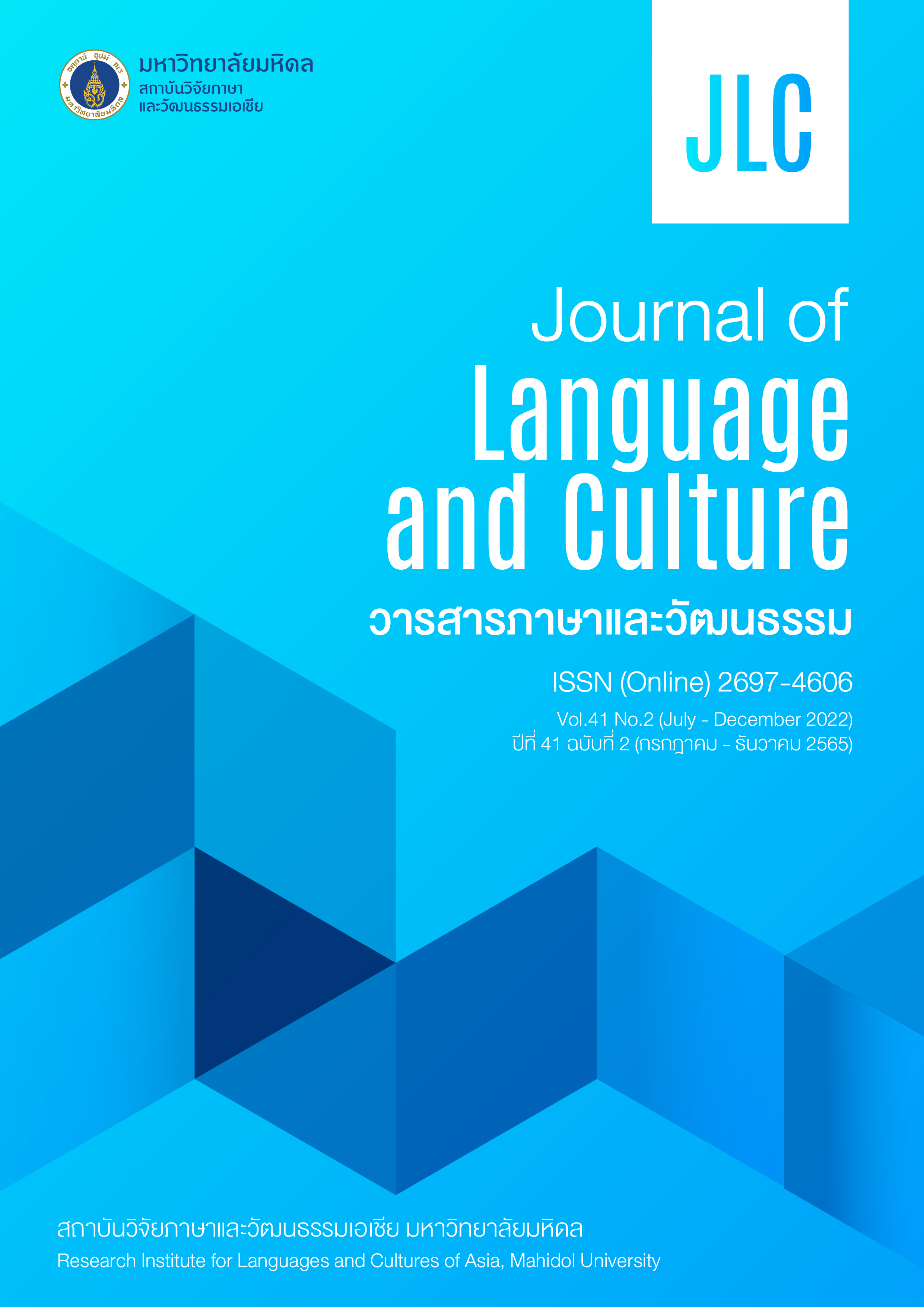The new colonialism of special economic zones in the Mekong subregio
Main Article Content
Abstract
Historically, colonialism was conducted by states acting in their own interests or through commercial organizations licensed to act as an instrument of the state. More recently, new forms of colonialism have taken place as a result of the actions of coalitions of economic interests involved in spreading capitalism to new areas or to intensifying its actions where it already existed. The places at which their processes occur are commonly configured as special economic zones (SEZs), which are areas in which the prevailing legal system is varied to provide extra privileges for capital and fewer for labour in a temporally and spatially-bounded location. This phenomenon is particularly evident in the Mekong Subregion (i.e. Cambodia, Lao PDR, Myanmar, Thailand and Vietnam), where governments have chosen a path towards rapid economic development that passes through export-oriented, import-substituting intensive manufacturing based on low labour cost competitiveness. Sovereignty over SEZs is routinely given, albeit to varying extents, to combinations of economic actors, many of whom will represent overseas interests. This gives rise to a variety of different types of new colonialism, depending on a variety of location and governance factors for the purpose of extracting resources from the location for repatriation. This paper investigates the different forms of colonialism taking place on SEZs in the region and attempts to analyse their significance.
Article Details
The articles featured in the Journal of Language and Culture (JLC) constitute academic works representing the viewpoints of the respective author(s). It is crucial to note that these opinions do not necessarily reflect those of the Editorial Board.
All articles published in JLC are released under the Creative Commons Attribution 4.0 International License (CC BY 4.0). This license grants permission for unrestricted use, distribution, and reproduction in any medium, provided proper credit is given to the original author(s) and the source.


